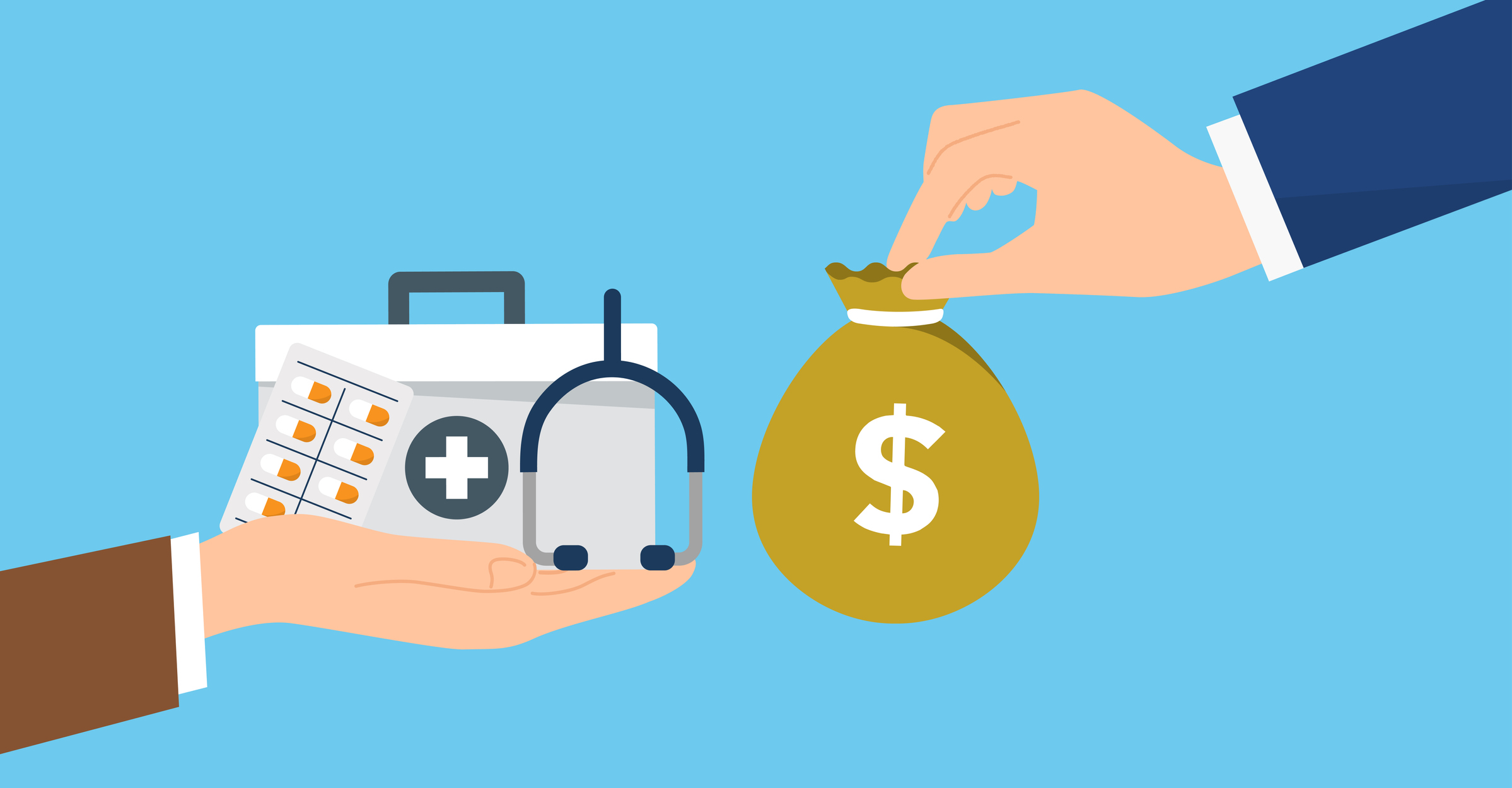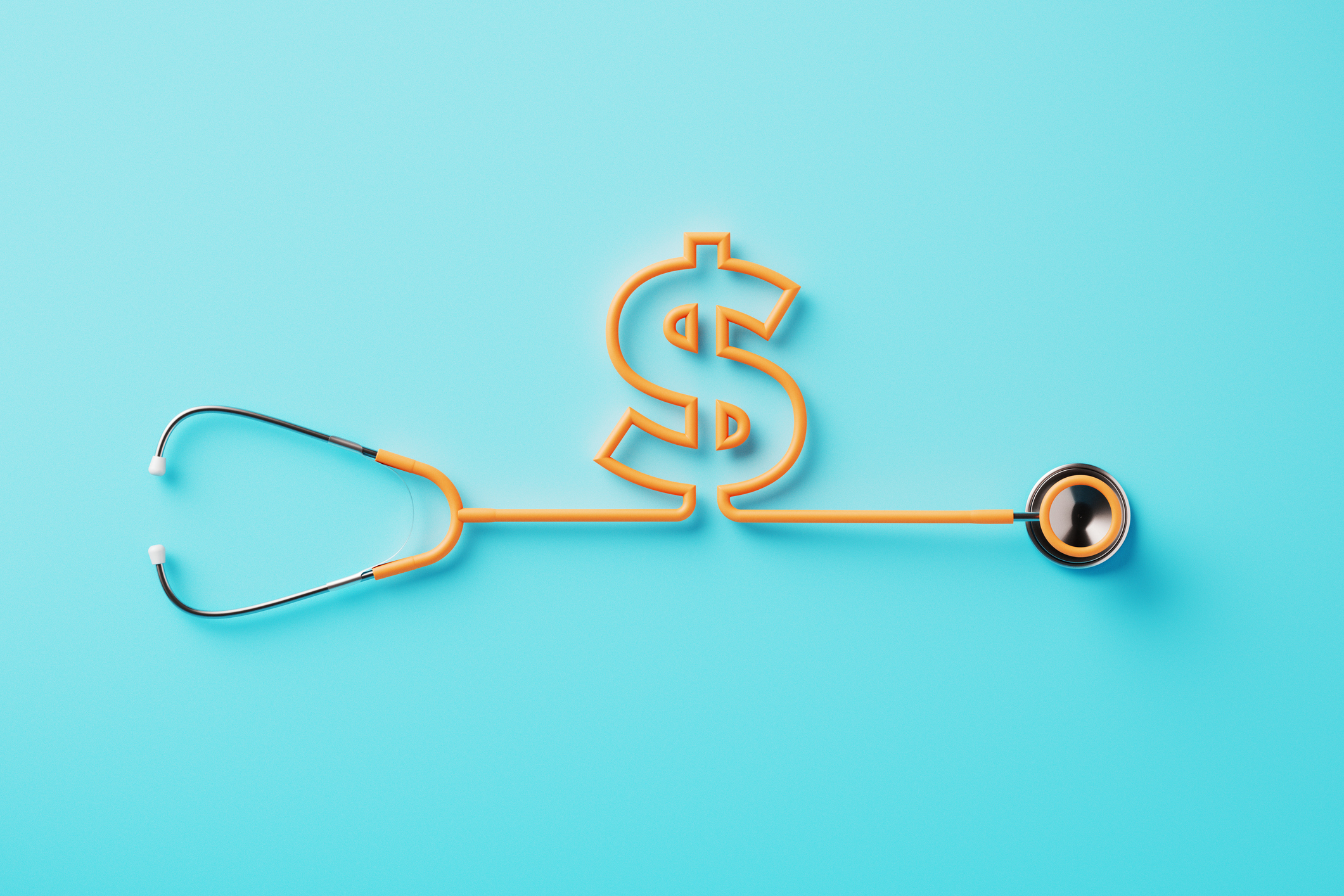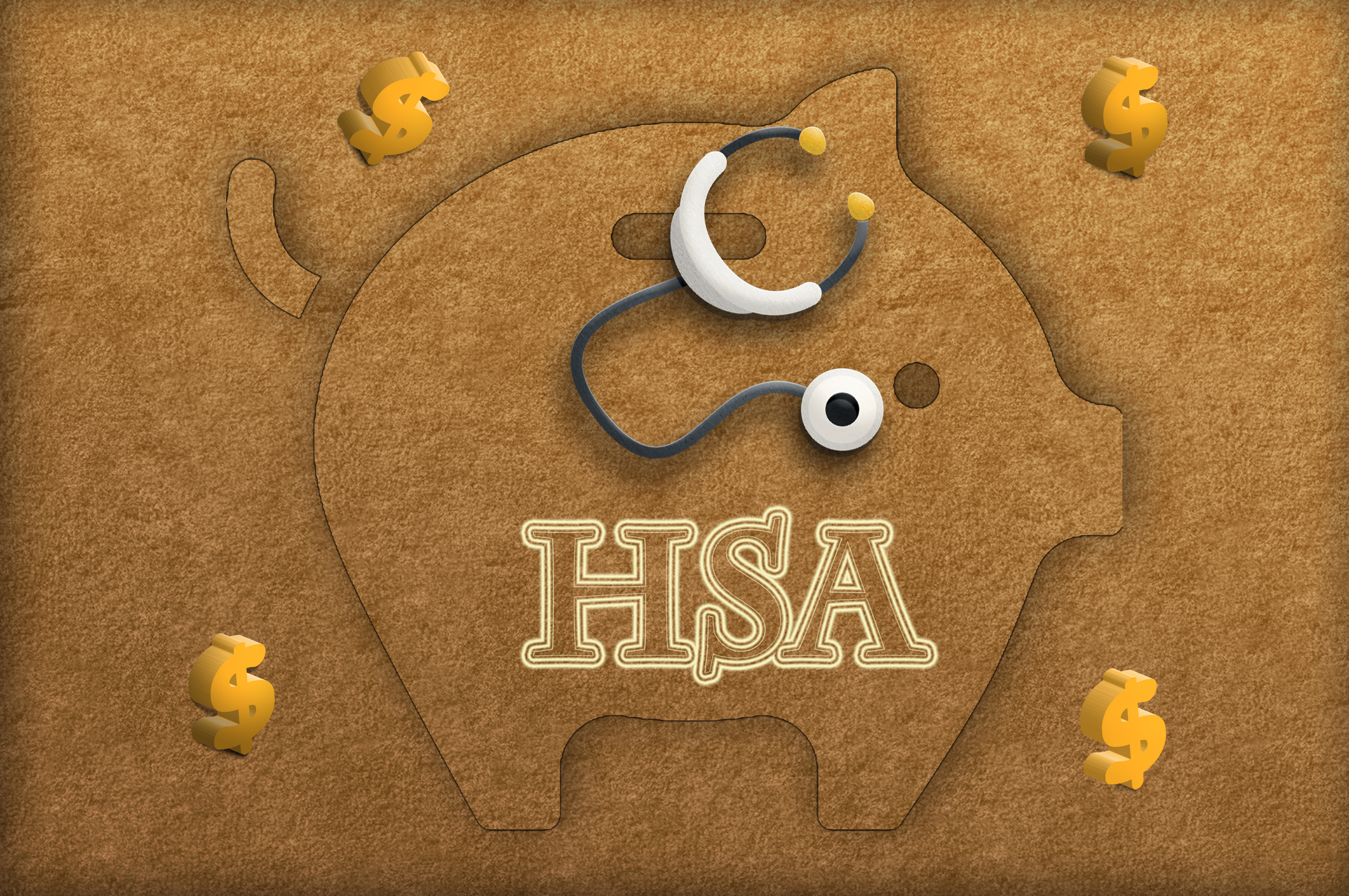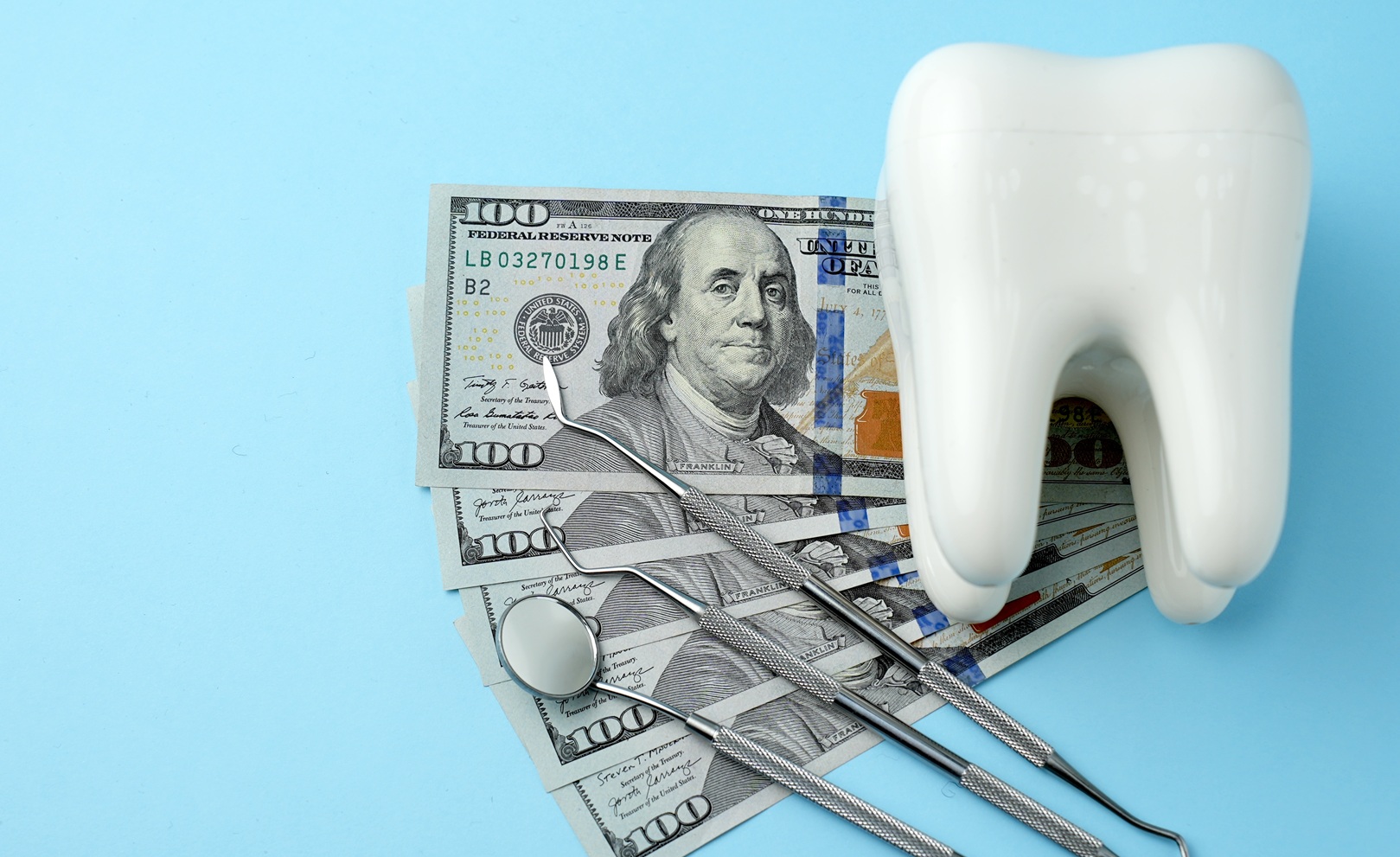Still Have FSA Money to Spend?
If you're looking for ways to use your FSA money here are some useful (and eligible) ideas.

Donna LeValley

Profit and prosper with the best of Kiplinger's advice on investing, taxes, retirement, personal finance and much more. Delivered daily. Enter your email in the box and click Sign Me Up.
You are now subscribed
Your newsletter sign-up was successful
Want to add more newsletters?

Delivered daily
Kiplinger Today
Profit and prosper with the best of Kiplinger's advice on investing, taxes, retirement, personal finance and much more delivered daily. Smart money moves start here.

Sent five days a week
Kiplinger A Step Ahead
Get practical help to make better financial decisions in your everyday life, from spending to savings on top deals.

Delivered daily
Kiplinger Closing Bell
Get today's biggest financial and investing headlines delivered to your inbox every day the U.S. stock market is open.

Sent twice a week
Kiplinger Adviser Intel
Financial pros across the country share best practices and fresh tactics to preserve and grow your wealth.

Delivered weekly
Kiplinger Tax Tips
Trim your federal and state tax bills with practical tax-planning and tax-cutting strategies.

Sent twice a week
Kiplinger Retirement Tips
Your twice-a-week guide to planning and enjoying a financially secure and richly rewarding retirement

Sent bimonthly.
Kiplinger Adviser Angle
Insights for advisers, wealth managers and other financial professionals.

Sent twice a week
Kiplinger Investing Weekly
Your twice-a-week roundup of promising stocks, funds, companies and industries you should consider, ones you should avoid, and why.

Sent weekly for six weeks
Kiplinger Invest for Retirement
Your step-by-step six-part series on how to invest for retirement, from devising a successful strategy to exactly which investments to choose.
Flexible spending accounts, or FSAs, allow employees of companies that
offer the accounts to set aside pre-tax money from their paychecks for out-of-pocket healthcare or dependent care expenses. Almost 25% of FSAs require account holders to spend all the money by the end of the plan year, forfeiting their funds if they miss the deadline, according to the Employee Benefit Research Institute.
The rest offer some wiggle room, with 42% of FSAs permitting employees to roll over a certain amount of unused funds to the following plan year and 36% offering a grace period of 2.5 months to use up the money. For FSA plan years that ended December 31, 2023, and have a grace period, you have until March 15, 2024 to spend the funds. And depending on your plan, you may have until March 31 to file claims for reimbursement of eligible purchases that you made before your FSA’s spending deadline.
Spending down your FSA
If your health care FSA has a grace period and you still have 2023 dollars to spend, review your options among qualifying purchases.
From just $107.88 $24.99 for Kiplinger Personal Finance
Become a smarter, better informed investor. Subscribe from just $107.88 $24.99, plus get up to 4 Special Issues

Sign up for Kiplinger’s Free Newsletters
Profit and prosper with the best of expert advice on investing, taxes, retirement, personal finance and more - straight to your e-mail.
Profit and prosper with the best of expert advice - straight to your e-mail.
Health insurance co-payments and deductibles and prescription drugs are common ways to spend FSA money. But many other products qualify, too. “FSA eligibility is much broader than most people realize,” says Rachel Rouleau, chief compliance officer at Health-E Commerce, the parent brand of FSA Store, a seller of FSA-qualifying products. “FSA Store estimates that the average household spends $1,600 a year on everyday health products that are FSA-eligible.”
What are FSA eligible purchases?
Don’t overlook items that have become newly eligible in the past few years.
Thanks to a 2020 law, over-the-counter medications such as pain relievers, cough suppressants, allergy medicine, and heartburn medications qualify, as do certain menstrual-care products.
As a result of the pandemic, the IRS has also deemed eligible at-home COVID-19 tests and personal protective equipment including face masks, hand sanitizer and sanitizing wipes. More recently, a 2022 Food and Drug Administration ruling opened the door for consumers to buy hearing aids without a prescription and (just as with prescription hearing aids) you can use FSA money to buy them.
You can get a range of medical equipment and devices with FSA funds, from canes, crutches and walkers, to blood-pressure monitors, support braces for injured muscles or joints, and CPAP machines and accessories.
First-aid kits, bandages and thermometers also qualify, as does a sunscreen with an SPF of 15 or higher — that also includes facial moisturizers and lip balms containing SPF. And don’t forget that vision and dental expenses such as prescription sunglasses, eyeglasses and contact lenses (as well as lens solution and cases), reading glasses, and orthodontic braces and aligners are all eligible.
For more ideas, check out the FSA Store's list of FSA-eligible items. If you find yourself scrambling to buy FSA-qualifying items because you overfunded your account and you expect to have similar medical expenses in the coming years, consider dialing back the amount you contribute to your FSA.
Related content
Profit and prosper with the best of Kiplinger's advice on investing, taxes, retirement, personal finance and much more. Delivered daily. Enter your email in the box and click Sign Me Up.

Lisa has been the editor of Kiplinger Personal Finance since June 2023. Previously, she spent more than a decade reporting and writing for the magazine on a variety of topics, including credit, banking and retirement. She has shared her expertise as a guest on the Today Show, CNN, Fox, NPR, Cheddar and many other media outlets around the nation. Lisa graduated from Ball State University and received the school’s “Graduate of the Last Decade” award in 2014. A military spouse, she has moved around the U.S. and currently lives in the Philadelphia area with her husband and two sons.
- Donna LeValleyRetirement Writer
-
 Nasdaq Leads a Rocky Risk-On Rally: Stock Market Today
Nasdaq Leads a Rocky Risk-On Rally: Stock Market TodayAnother worrying bout of late-session weakness couldn't take down the main equity indexes on Wednesday.
-
 Quiz: Do You Know How to Avoid the "Medigap Trap?"
Quiz: Do You Know How to Avoid the "Medigap Trap?"Quiz Test your basic knowledge of the "Medigap Trap" in our quick quiz.
-
 5 Top Tax-Efficient Mutual Funds for Smarter Investing
5 Top Tax-Efficient Mutual Funds for Smarter InvestingMutual funds are many things, but "tax-friendly" usually isn't one of them. These are the exceptions.
-
 Will Soaring Health Care Premiums Tank Your Early Retirement?
Will Soaring Health Care Premiums Tank Your Early Retirement?If you're under 65 and want to retire soon, your plan may be derailed by skyrocketing ACA marketplace premiums. Here's what you can do.
-
 New IRS Changes to FSA Contribution Limits for 2026: What to Know
New IRS Changes to FSA Contribution Limits for 2026: What to KnowHealth Care Flexible Spending Accounts have tax advantages worth looking into, especially in light of new IRS changes.
-
 Is a New $25,000 Health Care Tax Deduction Coming in 2026?
Is a New $25,000 Health Care Tax Deduction Coming in 2026?Tax Policy A proposal from GOP Sen. Josh Hawley adds to the chatter about health care affordability.
-
 An HSA Sounds Great for Taxes: Here’s Why It Might Not Be Right for You
An HSA Sounds Great for Taxes: Here’s Why It Might Not Be Right for YouHealth Savings Even with the promise of ‘triple tax benefits,’ a health savings account might not be the best health plan option for everyone.
-
 Dental Cost Advice for New Retirees, From a New Retiree
Dental Cost Advice for New Retirees, From a New RetireeWhat I faced in my first dental bill after retiring.
-
 ‘I Play Pickleball in Retirement.’ Is It HSA-Eligible?
‘I Play Pickleball in Retirement.’ Is It HSA-Eligible?Retirement Tax Staying active after you retire may be easier with these HSA expenses. But there’s a big catch.
-
 What to Know About New Medicaid Cuts: Is Your Local Hospital Closing Soon?
What to Know About New Medicaid Cuts: Is Your Local Hospital Closing Soon?Tax Policy Trump’s ‘One Big Beautiful Bill’ is now law, and rural hospitals across the U.S. are on the chopping block.
-
 2026 HSA Contribution Limits Are Set: What to Know Now
2026 HSA Contribution Limits Are Set: What to Know NowHealth Savings The IRS says Health Savings Account contribution limits will increase again next year due to inflation.